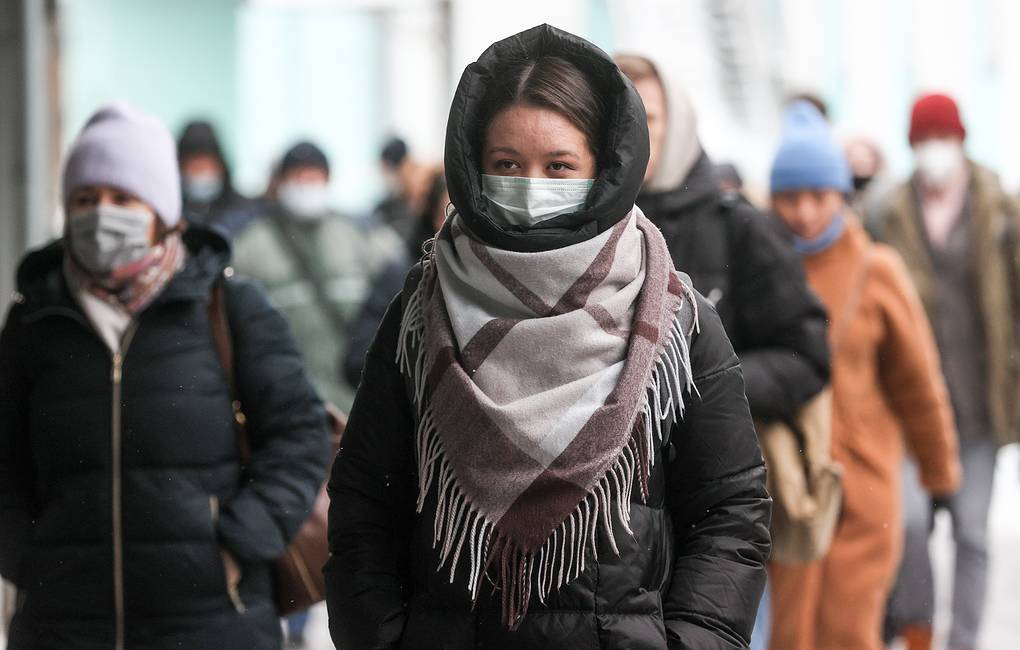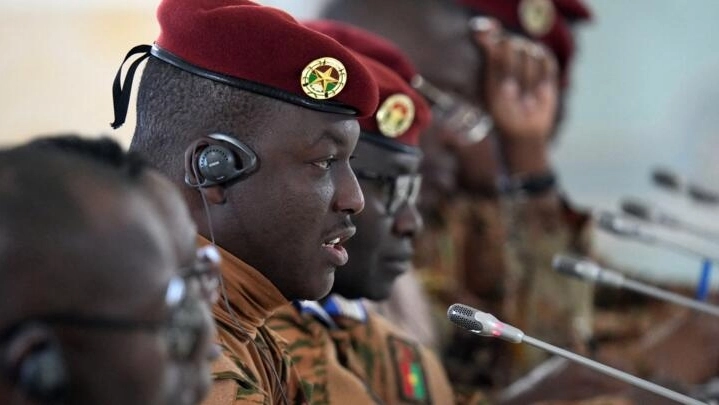COVID-19: Masks, social distancing, other requirements ended for businesses in Russia, starting March 15

Few weeks after Kingdom of Saudi Arabia ended all precautionary measures associated with coronavirus pandemic in its public and private establishments, the Federation of Russia on Tuesday has said the same saying such measures will no longer be necessary as from Tuesday March 15, 2022.
TASS report has it that masks and mandatory anti-COVID measures for enterprises and organizations, based on the Moscow mayor’s earlier decree, are set to be abolished in the Russian capital starting from March 15, Moscow Mayor Sergey Sobyanin said on his blog on Tuesday.

“The stable improvement of the epidemiological situation allows us to make a long-awaited decision. As of Tuesday, March 15, 2022, we are abolishing the requirement to use protective masks. In addition, mandatory anti-COVID measures for enterprises and organizations, established by a decree of the mayor of Moscow, are abolished: regular measurement of the workers’ body temperature, installation of separation partitions at workplaces, and so forth. Under the current circumstances, this decision will also support business, already experiencing serious sanctions pressure,” the mayor wrote.
Wearing masks and gloves became mandatory in stores and on transport, in businesses and public places in the capital on May 12, 2020. On July 30, 2021, Moscow Mayor Sergey Sobyanin said that wearing gloves in transport and public places in Moscow would no longer be mandatory, but masks were still required.
The fine for violating mask mandates for individuals in Moscow enterprises, which include stores and shopping centers, is 4,000 rubles (almost $36). Stores are obliged to refuse to service customers without personal protective equipment. If customers refuse to put them on or leave the store, employees have the right to call the police. The penalty for not wearing masks on public transport in the capital is 5,000 rubles (almost $45).
Since October 16, 2020, Russia’s Federal Service for Surveillance on Consumer Rights Protection and Human Wellbeing forbade entry to passengers on Moscow public transport without personal protective equipment, even if they had already paid for the ride.









